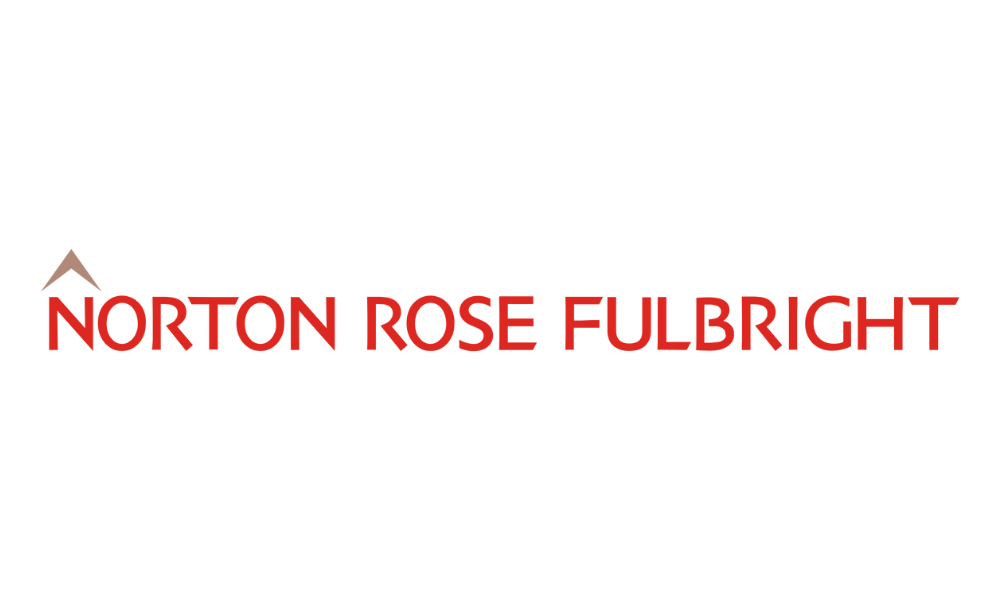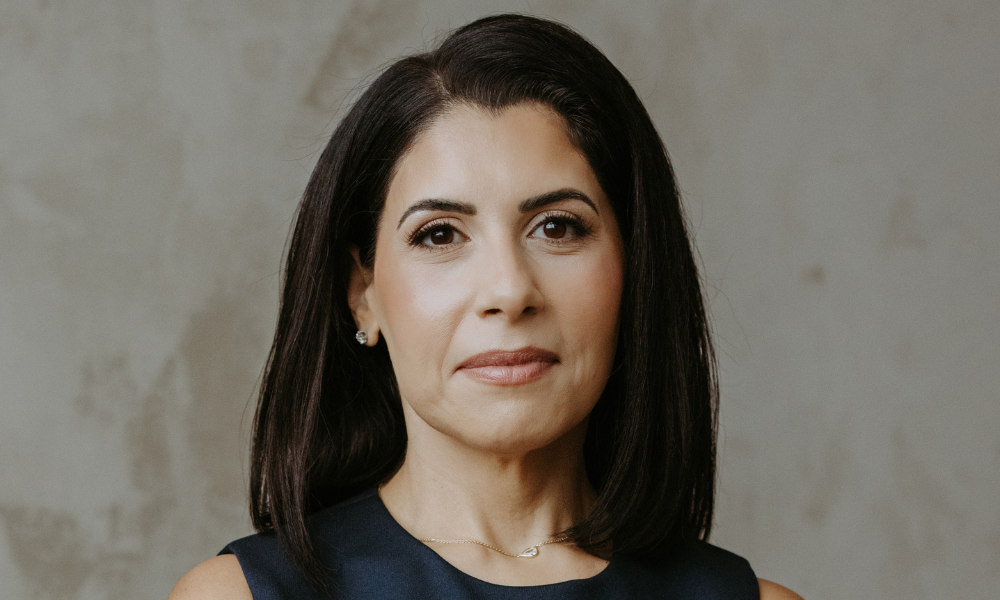Corporations in Canada and in the United States generally have an increasing burden to improve their social initiatives, environmental impact as well as accountability towards all third parties. Recently, the courts in Canada and the United States have rendered decisions that further increase the responsibilities of corporations in two specific areas both involving corporate integrity, corporate governance and general moral duties: (i) the increased policing of the carbon credits market and (ii) the disclosure of privileged documentation with the authorities in the context of criminal investigations.
Increased scrutiny over fraud in the carbon credits industry could cross the Canadian border
We begin by examining a fraudulent scheme orchestrated over several years by one of the world’s largest carbon credits project developers to manipulate data to increase carbon credits raises major concerns about the integrity of corporate sustainability commitments while highlighting the importance of good corporate governance and timely self-disclosure. It also serves as a warning for Canadian businesses of the heightened risks they now face, as Canadian regulators pay close attention to legal developments and charges across the border.
The U.S. Department of Justice’s (DOJ’s) coordinated crackdown on a carbon credit pioneer
The voluntary carbon credits market revolve around corporations that set goals to offset their carbon emissions, purchasing carbon credits from suppliers who run sustainable projects around the world.
One of those suppliers, responsible for generating nearly half of the voluntary carbon units (VCUs) purchased (the Supplier), profited by sending data collected through its projects in rural Africa and Southeast Asia to third-parties, who would validate the resulting reduction of carbon emissions and issue verified VCUs back to the Supplier. Corporations would then voluntarily purchase VCUs from the Supplier to offset their pollution emissions and meet their sustainable development goals.
Recently, an investigation from the U.S. DOJ found that from 2021 to 2023, the Supplier systematically misrepresented and falsified data about the progression of its projects – the replacement and installation of energy-efficient lightbulbs and cookstoves – to investors and third-party issuers of VCUs to inflate the number of carbon credits issued. As a result, the Supplier fraudulently obtained and sold millions of VCUs while successfully raising $250 million in its equity offering in early 2023.
On October 2, 2024, the U.S. DOJ announced parallel prosecutions against the Supplier’s former CEO and Head of Carbon & Sustainability Accounting Team for the implemented fraudulent scheme.
The DOJ decided not to prosecute the Supplier due to its (i) complete voluntary disclosure of the misconduct to authorities following its internal investigation; (ii) full and proactive cooperation with the prosecution; and its (iii) timely and appropriation remediation, such as instituting appropriate compliance measures to deter and detect similar misconduct in the future.
The Supplier’s story is part of a bigger drive by U.S. government agencies to further regulate the carbon credits industry.
On March 6, 2024, the SEC finalized rules requiring companies to disclose certain information such as the amount of carbon reduction represented by offsets that are purchased or the source and basis for authentication of those offsets1.
Considering that a recent Morgan Stanley report stated that the voluntary carbon offsets market is expected to grow from $2 billion in 2022 to about $100 billion in 2030 and $250 billion by 20502, the regulatory agencies’ scrutiny on carbon credit fraud and financial markets integrity will only expand in the coming years.
Canadian repercussions and key takeaways
All in all, the Supplier’s prosecution sheds light on the concerns surrounding the verification of carbon reduction efforts. For Canadian companies across industries that publish long-term sustainability goals and rely on the accuracy of external verification, this case serves as a warning about the importance of thorough compliance processes when it comes to buying carbon credits. To a certain extent, the exercise could be replicated in Canada, as existing vulnerabilities in this market will only increase when demand for carbon credits continues to grow.
The Canadian regulatory ecosystem is indeed no stranger to increased climate-related regulation and carbon offsets prosecution.
The Canadian Securities Administrators have expressly confirmed that they monitor international developments related to sustainability disclosure standards, particularly the rules set forth by the SEC3. We further note that the Competition Act now includes new greenwashing provisions applicable to environmental representations made by corporations, considerably increasing the burden of proof.
Finally, the decision by the U.S. government to decline prosecution because the Supplier conducted a timely internal investigation and self-disclosure reflects the benefit to companies of proactively examining their corporate governance and the allegations that may arise in the course of their activities.
Examining corporate cooperation and what that means for solicitor-client privilege
The issue of corporate integrity when it comes to cooperating with authorities in criminal investigations and its impact on privilege is another trend, as companies look to increase transparency. Between 2023 and 2012, Canada’s score on the Corruption Perceptions Index has significantly declined4. The index serves as a global indicator of public sector corruption, and in 2023, Canada scored 76 out of 100, ranking 12 out of 180 countries measured. By increasing corporate collaboration with the authorities, while simultaneously protecting the disclosure of privileged reports or documents in this particular context, could foster a national culture that attempts to reduce corruption, abuse of power and bribery, as well as increase accountability both in public and private corporate settings.
Recently, the Québec courts dealt with the legal consequences of voluntarily disclosing the fruits of an internal investigation to the authorities as part of a criminal investigation. Does such disclosure automatically result in the loss of attorney-client privilege? According to the courts, it does not: a waiver of privilege may be partial, meaning that the disclosure of a privileged document does not entail the automatic waiver of privilege towards all third parties.
Waiver of privilege and voluntary disclosure to law enforcement
It is generally recognized that a secret once revealed is a secret no longer. However, based on the recent Québec case law, the disclosure of a document subject to attorney-client privilege to police authorities to collaborate in a criminal investigation does not in itself result in the loss of confidentiality of the document with regard to other third parties. Indeed, the waiver of privilege in such a context will depend on the specific facts and context of a case. Any waiver of attorney-client privilege must be voluntary, clear and unequivocal, based on the factual context and circumstances applicable to each case. It will also be interpreted restrictively. Consequently, no particular formula, such as an explicit reservation of rights, is required when disclosing the report or document to the authorities in a criminal investigation.
In line with those rulings, it was decided that sharing privileged information with law enforcement, the Competition Bureau, or even a disciplinary board does not necessarily constitute a waiver of privilege against other third parties, because there is a moral duty to collaborate with those investigations. On the other hand, disclosing confidential information and reports outside the scope of investigations, for example, in a proceeding or a detailed press release, still constitutes a risk with regards to a total or partial waiver of privilege.
Of note is that these findings are similar, if not identical, to those adopted by the Court of Appeal in England in the case of British Coal Corp v. Dennis Rye Ltd and another, the principles of which have been adopted in Canadian law. In this case, the court had to decide whether the communication of documents subject to attorney-client privilege to the police in the context of criminal proceedings concerning the same facts constituted a waiver of privilege. The Court answered this question in the negative, indicating that the disclosure of the documents was in accordance with the duty to assist in the conduct of the criminal proceedings, and could not be properly construed as an express or implied waiver of its rights.
Cooperation and privilege
The position of the Québec courts on the issue of balancing the protection of the solicitor-client privilege and the moral duty of corporations to be transparent, especially in the context of investigation findings, could lead to an important development in trends across Canada and even the United States.
In fact, a partial waiver of privilege to assist law enforcement authorities in criminal investigations highlights the importance of the moral duty of corporations to disclose and share important and relevant information with the law enforcement authorities without putting their rights and legal privileges in jeopardy. It also provides some assurances to corporations as to the preservation of legal privileges when they need to disclose certain information to third parties.
Both case studies demonstrate that there is a real motivation in Canada to combat corporate wrongdoings and to foster a culture of integrity from coast to coast.
[1] SEC, The Enhancement and Standardization of Climate-Related Disclosure for Investors, RIN 3235-AM87 (May 28, 2024), https://www.sec.gov/files/rules/final/2024/33-11275.pdf.
[2] Morgan Stanley, Where the Carbon Offset Market is Poised to Surge, Morgan Stanley (April 11, 2023), https://www.morganstanley.com/ideas/carbon-offset-market-growth.
[3] Canadian Securities Administrators, Canadian securities regulators issue statements on proposed sustainability disclosure standards and ongoing climate consultation, Canadian Securities Administrators (March 13, 2024), https://www.securities-administrators.ca/news/canadian-securities-regulators-issue-statements-on-proposed-sustainability-disclosure-standards-and-ongoing-climate-consultation/.
[4] Per the Corruption Perception Index, 100 is “very clean” and 0 is “highly corrupt”: https://www.transparency.org/en/cpi/2023.
***
 François Fontaine was the lead counsel in the negotiations of the first-ever deferred prosecution agreement (DPA) to be entered into in Canada. He has a great deal of experience in fraud and anti-corruption matters, business ethics compliance and crisis management. He has advised on and led several investigations, including cross-border investigations involving multiple jurisdictions, in connection with allegations of fraud and corruption in which he conducted interviews and examinations, investigated the facts, provided legal opinions and advised clients on legal and reputational risks.
François Fontaine was the lead counsel in the negotiations of the first-ever deferred prosecution agreement (DPA) to be entered into in Canada. He has a great deal of experience in fraud and anti-corruption matters, business ethics compliance and crisis management. He has advised on and led several investigations, including cross-border investigations involving multiple jurisdictions, in connection with allegations of fraud and corruption in which he conducted interviews and examinations, investigated the facts, provided legal opinions and advised clients on legal and reputational risks.
 Frédéric Plamondon has broad litigation experience with a strong focus on white-collar defence, securities litigation and class actions. He advises corporations, public issuers and market participants in a wide range of investigations, frauds and other financial crime matters, including foreign corruption. Frédéric is regularly called upon to take part in proceedings involving various regulators and public bodies, as well as in competition and securities class actions.
Frédéric Plamondon has broad litigation experience with a strong focus on white-collar defence, securities litigation and class actions. He advises corporations, public issuers and market participants in a wide range of investigations, frauds and other financial crime matters, including foreign corruption. Frédéric is regularly called upon to take part in proceedings involving various regulators and public bodies, as well as in competition and securities class actions.
 Charles-Antoine Péladeau has a broad litigation practice with a strong focus on white-collar defence and commercial litigation. Mr. Péladeau's practice involves conducting internal investigations and advising clients on compliance with the Corruption of Foreign Public Officials Act, the Competition Act, the Criminal Code, and similar legislation. In relation to such matters, he interacts with the Royal Canadian Mounted Police and the Public Prosecution Service of Canada, as well as with other enforcement authorities. In 2022, he acted as counsel in the negotiations of the first-ever deferred prosecution agreement to be entered into in Canada.
Charles-Antoine Péladeau has a broad litigation practice with a strong focus on white-collar defence and commercial litigation. Mr. Péladeau's practice involves conducting internal investigations and advising clients on compliance with the Corruption of Foreign Public Officials Act, the Competition Act, the Criminal Code, and similar legislation. In relation to such matters, he interacts with the Royal Canadian Mounted Police and the Public Prosecution Service of Canada, as well as with other enforcement authorities. In 2022, he acted as counsel in the negotiations of the first-ever deferred prosecution agreement to be entered into in Canada.
 Rachelle Powell Bergmann is a litigation lawyer based in our Montreal office. Her practice involves securities litigation, including investigations into corporate transactions by regulatory bodies, as well as all aspects of civil and commercial litigation, including contracts, civil liability, administrative law, insurance law, class actions, cyber security breaches, data protection and privacy.
Rachelle Powell Bergmann is a litigation lawyer based in our Montreal office. Her practice involves securities litigation, including investigations into corporate transactions by regulatory bodies, as well as all aspects of civil and commercial litigation, including contracts, civil liability, administrative law, insurance law, class actions, cyber security breaches, data protection and privacy.





